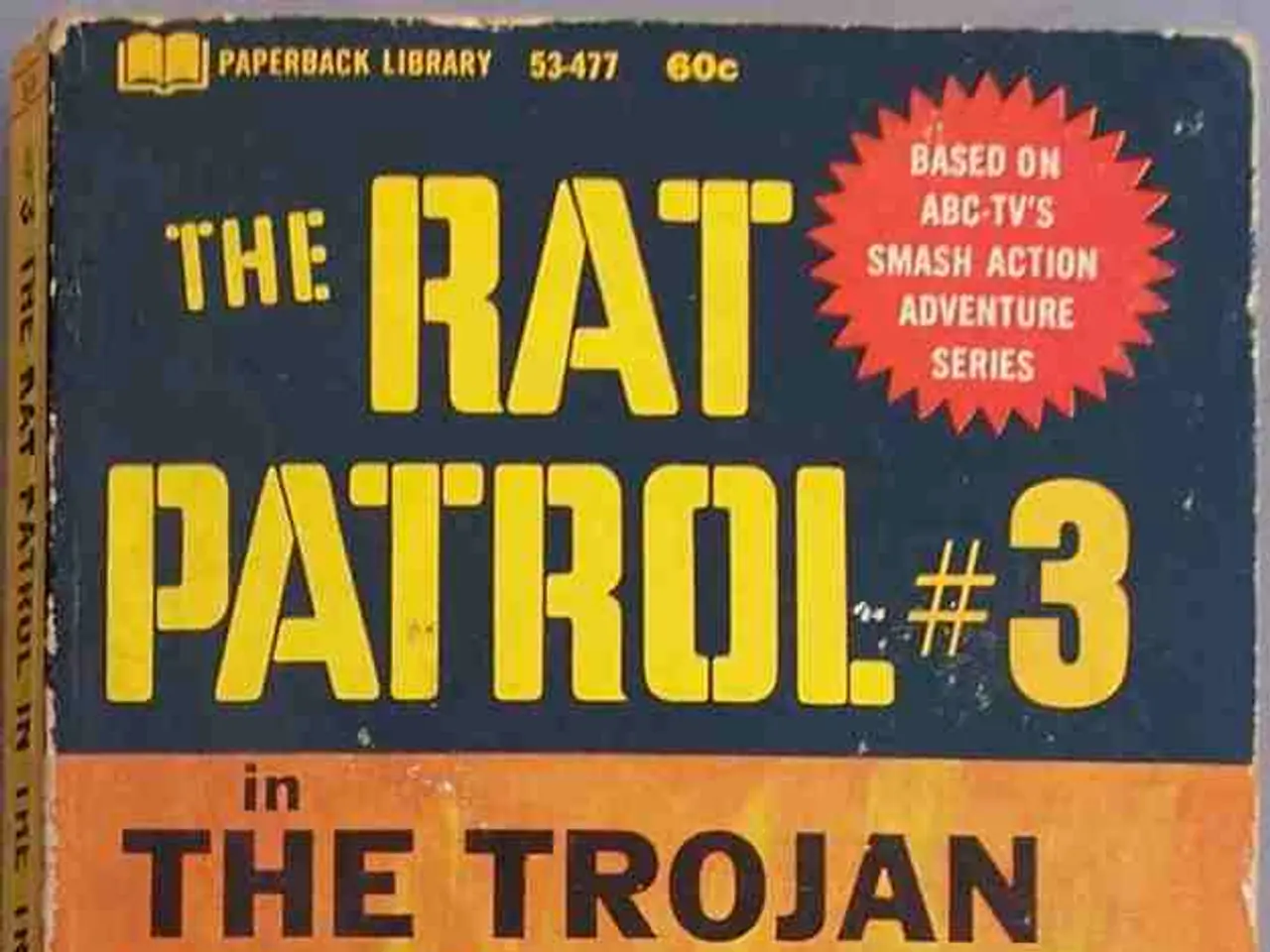Adolescent apprehended close to Novosibirsk for attempting murder of a soldier.
In a rare and alarming development, two teenagers from Novosibirsk, Russia, have been detained for plotting to assassinate a Russian military officer, allegedly at the request of Ukrainian intelligence [1][3]. This incident marks a significant escalation in the ongoing shadow war between Russia and Ukraine, as such cases involving underage individuals are typically unheard of.
The teens, recruited through an online platform promising "quick money," coordinated their actions via Telegram from Ukrainian territory [2]. The toxic substances they received from Ukrainian handlers can cause acute heart failure with a high likelihood of death, and the method of application posed a particular threat - the perpetrators applied the toxic substances to the driver's door handle and side mirror of the officer's personal car [3].
This incident is part of a broader trend of attempted assassinations and covert killings related to military or intelligence personnel in Russia. Both countries have reported numerous cases of agents captured or killed while attempting assassinations or sabotage operations [2][5]. However, most documented cases usually involve trained agents or operatives rather than teenagers or youth.
Russian authorities are taking steps to counter these threats. They are monitoring online activity, controlling the movement of hazardous chemicals, and bolstering countermeasures, including monitoring suspicious online activity and enhanced control over the movement of hazardous chemicals [4]. Investigators are also looking into possible links between the detainees and other sabotage groups, and analyzing channels for smuggling dangerous chemicals into Russia.
The use of chemicals in these crimes is particularly concerning due to the potential harm to both specific targets and innocent bystanders. Experts highlight that such covert warfare methods pose a particular threat as chemical substances can cause harm not only to specific targets but also to innocent bystanders [6].
This incident is not isolated. In February 2024, three Ukrainian citizens were detained in Zaporizhzhia region with components for creating an analog of the BZ chemical weapon [7]. In the Yaroslavl region, an attempt to poison employees of a defense enterprise through their car's ventilation system was thwarted [4]. In Krasnodar Krai, plans to massively poison servicemen during a ceremonial event were foiled [4]. A cache of homemade explosive devices filled with banned chloropicrin was found in the DNR [6].
As the Russia-Ukraine conflict continues, these incidents underscore the need for heightened vigilance and increased countermeasures to protect military and civilian populations alike. While assassination attempts against military personnel in Russia are not uncommon amid this shadow war, cases involving underage teens are quite rare and noteworthy. This recent case may represent an unprecedented or escalating tactic in this ongoing conflict.
- The ongoing war-and-conflicts between Russia and Ukraine have escalated with the involvement of teenagers, as two minors from Novosibirsk were detained for plotting to assassinate a Russian military officer, a move that is typically unseen in such cases, revealing an alarming shift in the shadow war's tactics.
- In addition to the rising trends of attempted assassinations and covert killings in Russia, related to military or intelligence personnel, the use of chemicals in these crimes, such as the toxic substances provided to the detained teenagers, poses a significant danger not only to specific targets but also to general-news and crime-and-justice concerned citizens, highlighting the need for increased politics and countermeasures to safeguard both military and civilian populations.








